Huawei angers Chinese consumers at a very bad time for the company

Huawei has been able to attract Chinese consumers by continuing to design and build innovative phones and products even while U.S. sanctions prevent the manufacturer from competing fairly. By producing its own 5G application processors in the face of revised U.S. export rules that prevent Huawei from getting shipped such chipsets from most foundries, Huawei endeared itself to many Chinese consumers who feel that the company beat back restrictions on the firm from the U.S.
The latest example of the manufacturer's ability to innovate in the smartphone sector is the Huawei Mate XT which is a tri-fold foldable, the first one to be commercially produced. Huawei is actually the global leader in foldables as it topped Samsung in shipments during the first quarter of this year. Globally, Huawei captured 35% of foldable shipments after a 257% increase year-over-year. After its shipment of foldables declined 42% during the Q1 2024 compared to Q1 2023, Samsung had just 23% of the worldwide market for foldables.
Chinese consumers are upset that they were not able to buy the tri-fold Huawei Mate XT
Consumers in China might be proud of Huawei's ability to push the foldable phone market with the Mate XT, but they are certainly not happy that the device was not available for purchase at Huawei stores. The phone went on sale yesterday and the $2,800 tri-foldable smartphone could not be purchased by customers who happened to walk-in to Huawei stores.
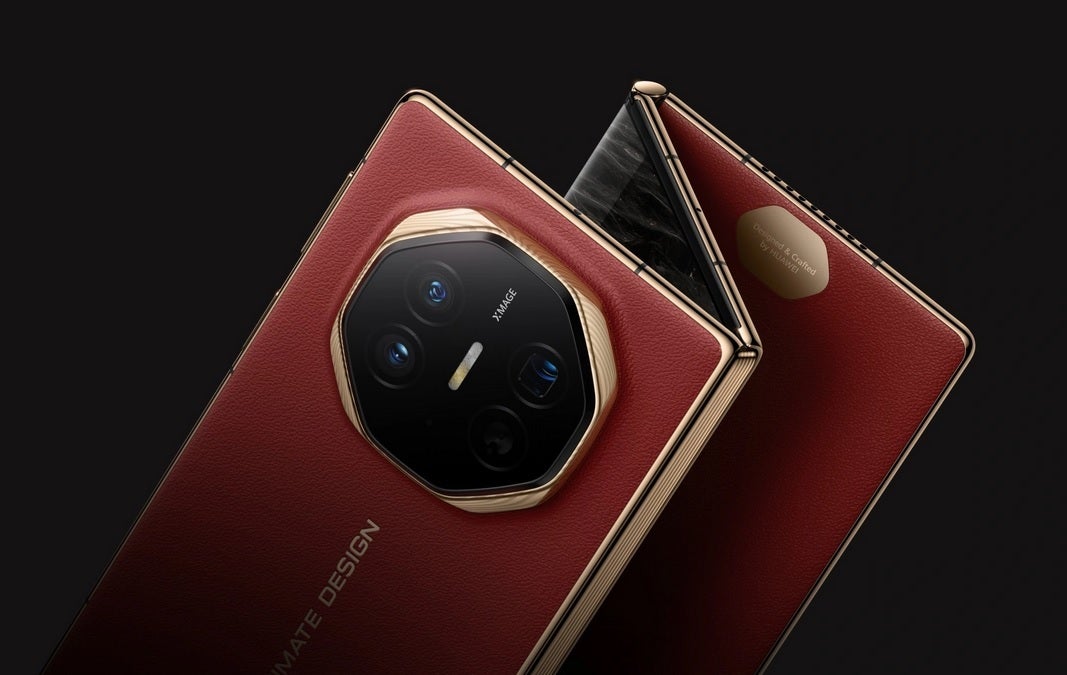
The tri-fold Huawei Mate XT. | Image credit-Huawei
For example, self-described "super fans" who visited the company's flagship store in Shenzhen were upset when they found out that only those with confirmed pre-orders were being allowed to buy the Mate XT. A university student with the surname Ye said, "I’ve been here since 10 p.m. last night because this tri-folding phone is a first and I’m excited to support our country. But this is very disappointing. They should have made it clear we can’t buy."
It was the same story at the Huawei Wangfujing store in the capital city of Beijing where only those with confirmed pre-orders could purchase the Mate XT. About 30 people were seen in line outside the store in Beijing matching the size of the queue at the store in Shenzhen. With the release yesterday of the iPhone 16 series by Apple, about 100 consumers were in line outside of an Apple Store in Beijing. With the release of the new iPhone series in China, this is not good time for Huawei to upset phone buyers in the country.
Not everyone was impressed with the tri-fold Mate XT. One person with the surname Rui who was able to play around with the phone at the Shenzhen store said, "I wanted to see what the fuss is about, but it’s a bit big, not very practical really." Some analysts pointed to the price of the phone in wondering how much demand there will be for it. In addition, Huawei has to deal with the limitations of its supply chain which could reduce the number of units available.
A third-party phone saleswoman says the Mate XT is "far too expensive"
Huawei's Richard Yu said that sales were better than expected at the Huawei store in Shanghai. While the Mate XT had pre-orders of 6.5 million units compared to total shipments of 3.9 million foldables in the second quarter, the pre-orders did not require that the buyer put down a deposit or pay for the phone in advance and was just an indication of interest in the device.
At a Huaqiangbei electronics market in Shenzhen where phones were being sold from a stall, the salesman said that he is offering the version of the Mate XT with the most amount of memory available for 150,000 yuan ($21,290). In the Huawei stores that model is priced at 23,999 yuan ($3403). The saleswoman working from the stall also said that she is offering the $2,800 model for more than $4,000. When asked if she had sold any Mate XT units she replied, "A few people have asked, but it’s far too expensive."
While the Mate XT is being sold in China only for now, someone with knowledge of the situation says that Huawei is considering offering the device overseas during the first quarter of next year.

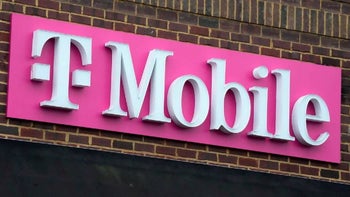

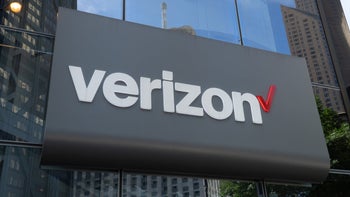
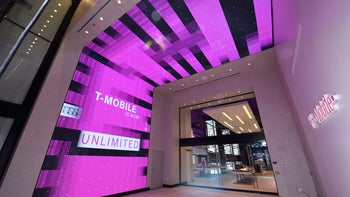
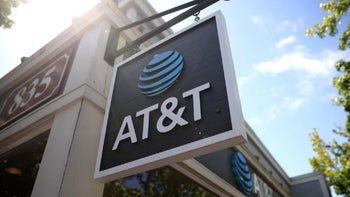
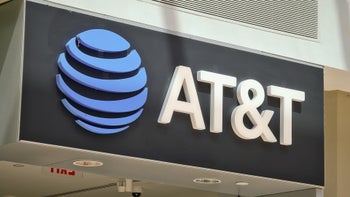
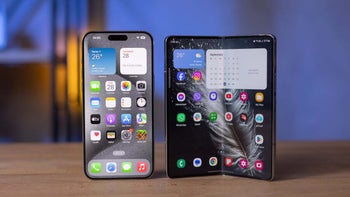
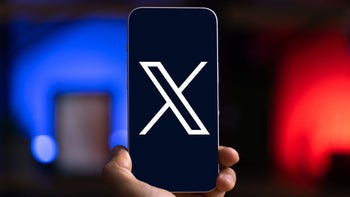
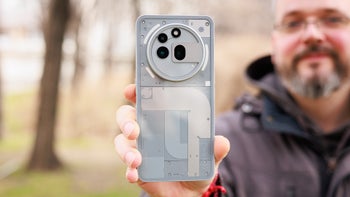
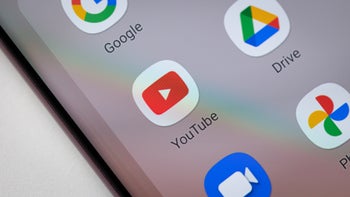
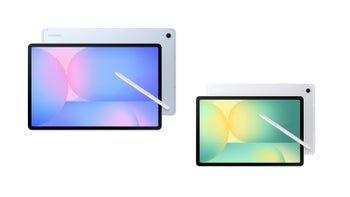
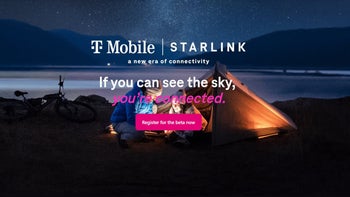

Things that are NOT allowed: